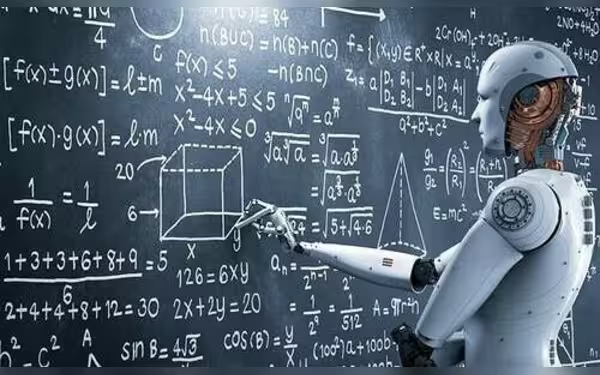Saturday, November 16, 2024 05:55 PM
UN Experts Urge Global Cooperation in AI Development
- UN experts warn against market-driven AI development.
- Call for ethical frameworks in AI technologies.
- Emphasis on transparency and accountability in AI.
 Image Credits: dawn.com
Image Credits: dawn.comUN experts warn against leaving AI development to market forces, advocating for global cooperation and ethical frameworks.
The rapid advancement of artificial intelligence (AI) has become a focal point of discussion among global leaders and experts. As AI technologies continue to evolve, they are increasingly integrated into various aspects of daily life, from healthcare to finance. However, this swift development raises significant concerns regarding ethical implications, biases, and the potential for misuse. In light of these issues, United Nations experts have recently emphasized that the future of AI should not be left solely to market forces.
On Thursday, UN experts issued a stern warning, advocating for the establishment of tools that promote global cooperation in AI development. They highlighted the necessity of collaborative efforts among nations to ensure that AI technologies are developed responsibly and ethically. The experts pointed out that relying solely on market dynamics could lead to a scenario where profit motives overshadow the need for safety and fairness in AI applications.
While the experts did not propose the formation of a powerful global governing body to regulate AI, their call for cooperation is crucial. The proliferation of AI technologies has sparked fears about biases embedded in algorithms, potential misuse by malicious actors, and an increasing dependence on automated systems. These concerns underline the importance of creating a framework that encourages transparency and accountability in AI development.
As we navigate this complex landscape, it is essential for governments, businesses, and civil society to engage in meaningful dialogue about the future of AI. By fostering an environment of collaboration, we can work towards solutions that prioritize human rights and ethical standards. The development of AI should not be a race to the bottom, but rather a collective effort to harness its potential for the greater good.
The UN experts' warning serves as a timely reminder that the future of AI is not just a technological issue but a moral one as well. As we stand on the brink of a new era defined by artificial intelligence, it is imperative that we approach its development with caution and a commitment to shared values. Only through cooperation and responsible governance can we ensure that AI serves humanity positively and equitably.













